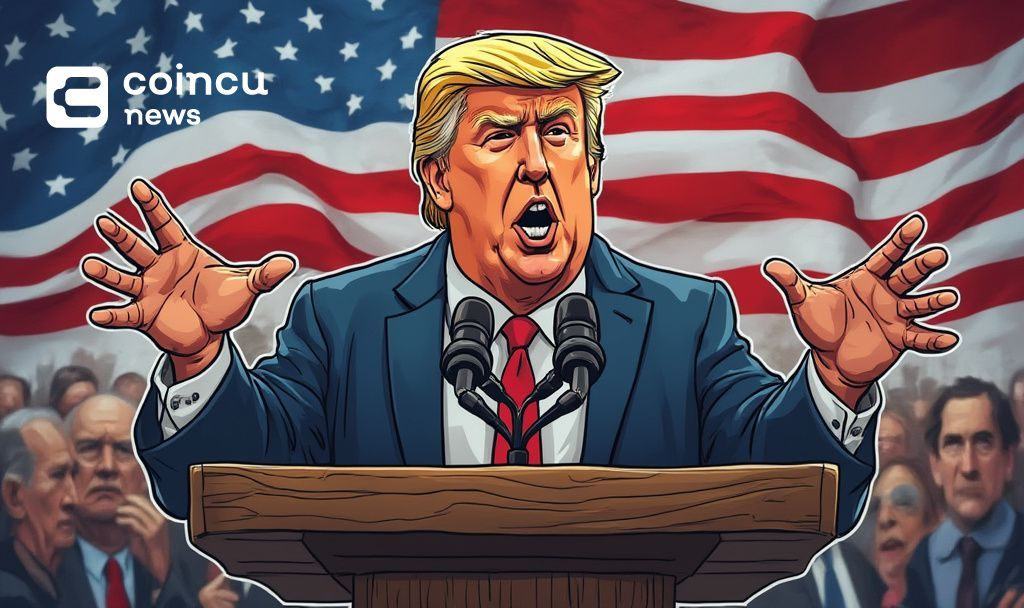- Trump announces tariffs on critical technologies including semiconductors.
- Tariffs expected to influence U.S. tech reliance and costs.
- Potential increase in semiconductor manufacturing costs.

President Donald Trump has announced tariffs on critical imports like semiconductors to reduce U.S. dependency on foreign nations, especially China.
“The United States cannot rely on foreign nations, particularly China, for critical technologies like semiconductors,” Trump emphasized in a recent announcement.
Trump Imposes Tariffs to Reduce Foreign Tech Reliance
President Trump has detailed new tariffs targeting critical technologies such as semiconductors, chips, automobiles, and pharmaceuticals, aligning with ongoing strategies to reduce reliance on China. Commerce Secretary Howard Lutnick confirmed plans for these tariffs, emphasizing their necessity for national security.
A 10% universal tariff, alongside specific tariffs for countries like China (34%) and Taiwan (32%), is scheduled. Semiconductors face varying impacts; GPUs, excluding diodes and transistors, will see up to 32% tariffs, potentially increasing domestic production costs over 15%.
The U.S. trade sector and market responded with caution, noting a likely increase in consumer product prices. Industry analysts cite the White House’s statement highlighting the tariffs’ role in strengthening domestic industries and supply chains. Wedbush Analyst Dan Ives remarked on Apple’s supply chain vulnerabilities as an example of the broader implications.
Historical Precedents and Projected Industry Impact
Did you know?
The U.S. previously imposed Section 232 tariffs on steel in 2018, marking a precedent for these recent semiconductor-specific actions aimed at national security.
While historical precedents include the 2018 steel tariffs under the Trade Expansion Act of 1962, the current focus extends to semiconductors under national security arguments. The implications for tech sectors are significant, with estimates suggesting a potential 7.1% rise in U.S. consumer prices.
Expert analysis indicates that no specific cryptocurrency tokens are immediately affected, but industries reliant on GPUs, such as crypto mining, could experience indirect repercussions. Noted industry concerns include the lack of domestic 300mm wafer production and a reliance on imported photoresists, which could elevate costs for U.S. semiconductor fabrication facilities.
The White House’s ongoing Section 232 study on semiconductors may further modify trade conditions, signaling potential future restraints. The impacts, while presently uncertain, are poised to affect multiple sectors, reflecting larger U.S. ambitions to increase domestic manufacturing.
Source: https://coincu.com/331769-trump-tariffs-critical-tech/